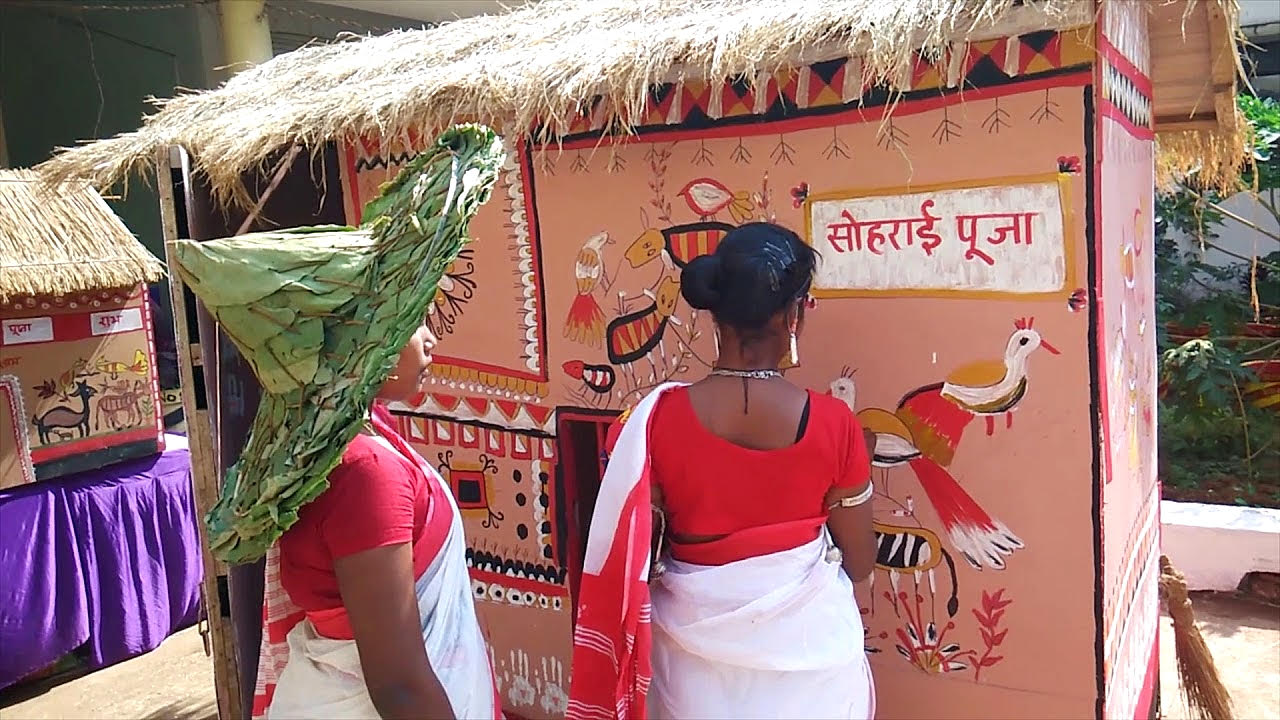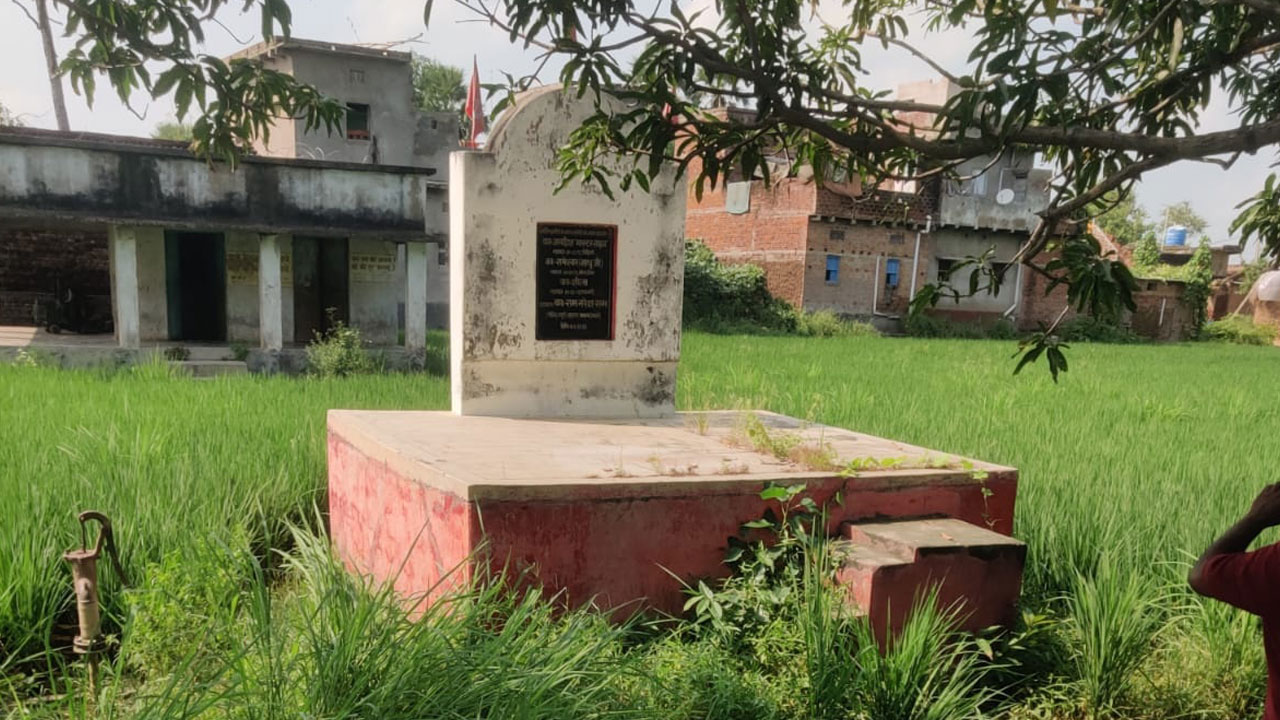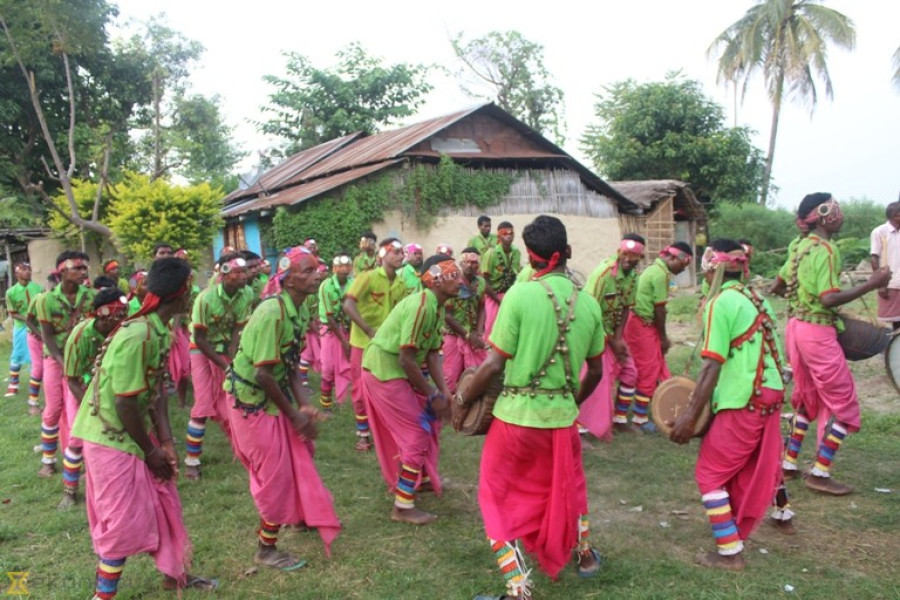The 71st National Film Awards, announced on 1 August 2025, celebrated cinematic achievements from 2023 – but they also reignited an old question: What exactly are these awards honouring? Is it artistic excellence? Or is it a curated version of cultural and political conformity, cloaked in nationalist rhetoric?
This year, The Kerala Story – a film criticized for factual inaccuracies and communal undertones – earned its director, Sudipto Sen, the Best Director award. The Supreme Court had previously flagged the film’s potential to stoke communal tensions, mandating disclaimers. Yet here it is, officially recognized. Kerala Chief Minister Pinarayi Vijayan put it bluntly: “By honouring a film that spreads blatant misinformation with the clear intent of tarnishing Kerala’s image and sowing seeds of communal hatred, the jury has lent legitimacy to a narrative rooted in the divisive ideology of the Sangh Parivar.” His critique underscores the political weight of such selections, suggesting the awards are not just about cinema but about validating certain narratives.
Also read: Looking back at Indian cinema in 2024 through an anti-caste lens
But here’s the thing – this tension isn’t new. The National Film Awards have always been political. Even under the Congress, jury selections weren’t free from State influence. Yet, during those years, there was space for dissent. Films like Fandry (2013, Best Debut Film) and Perariyathavar (2014, Best Film on Social Issues) were honoured for confronting caste and systemic inequities.
Post 2014, under the NDA, that space has narrowed. And yet, some anti-caste and politically sharp films have broken through. Court (2014, Best Feature Film), Masaan (2015, Best Debut Film), Kuttram Kadithal (2015, Best Feature Film in Tamil), Asuran (2019, Best Feature Film in Tamil, Best Actor), and Aatmapamphlet (2023, Best Debut Film) – these weren’t just token recognitions. They reflect how, even within a constricted cultural space, powerful narratives can’t be entirely ignored.
Aatmapamphlet by Ashish Avinash Bende, in particular, deserves attention. It embeds anti-caste consciousness within a quiet, coming-of-age story. It doesn’t preach, and that makes it harder to dismiss. It works within institutional limits but still carries defiance. Its recognition feels like a quiet win for those resisting erasure. And there’s context to this: after 2014, more anti-caste films by Dalit filmmakers have emerged. Despite institutional apathy or resistance, their presence has grown. These aren’t isolated outliers – they represent a growing cultural force that even the State finds hard to sideline.

That said, more confrontational films – like Papilio Buddha (2013), which faced censorship and was excluded from awards consideration – continue to be sidelined. The rise of a Hindutva-backed nationalism isn’t just about who gets awarded; it’s about who gets silenced. Films that name caste, State violence, or majoritarian politics often don’t make it to the jury table at all – or can’t even secure distribution. Think of Kaala or Sairat – not awarded, but culturally seismic. These films forced national conversations despite institutional indifference. Today, similar films are more likely to thrive on streaming platforms or the festival circuit, far from the reach of State validation. Meanwhile, the awards prefer “safe” dissent – political enough to feel edgy, but still palatable. That’s why Aatmapamphlet’s recognition matters. It proves subversive cinema can still breach the system – if it speaks softly enough.
Then there’s the other surprise: Shah Rukh Khan winning his first-ever National Award – for Jawan, no less (Best Actor, shared with Vikrant Massey for 12th Fail). It’s significant. Jawan wasn’t just a blockbuster – it was a populist but pointed critique of State violence, crony capitalism, and systemic rot. For Khan – arguably the most visible Muslim star in India – to win for that film, at this moment, is telling. It suggests that, despite the curation, there are still cracks in the system. Still, Jawan’s mainstream appeal likely made it less threatening than a Karnan or Pariyerum Perumal, with their raw, unsanitized depictions of caste violence and resistance.
Also read: Films of 2023: Some (social) reality check amid a generous helping of patriotism and mythology
But we’d be dishonest if we didn’t ask: Are these moments exceptions? Or signs of a real cultural shift?
The shrinking cultural space mirrors the political one. As electoral politics become more polarised, cultural institutions – once chaotic spaces full of competing visions – are being streamlined into something more monolithic. A good film must also feel nationalist or at least stay neutral enough to not disrupt the national mood. The question isn’t whether the awards are “rigged”. That would be too simplistic. The real question is: What kinds of aesthetics and politics are allowed to be called national? What kinds of rage are considered legitimate? What kinds of silence get rewarded?
The National Film Awards today seem to operate under a logic of selective spotlighting – celebrating dissent only when it is palatable, contained, or strategically useful. Real, sharp critiques – especially those that name caste, the police, the party in power – don’t get the same welcome. Still, when the State does honour a film, it sends a message. And this year, that message is mixed: one step forward with Aatmapamphlet, two steps backward with The Kerala Story.
The larger fight, then, is not about one award or jury. It’s about reclaiming cultural institutions that have been turned into tools of soft propaganda. It’s about insisting that anti-caste, anti-majoritarian cinema belongs at the heart of India’s cultural imagination, not at its ignored margins.
Forward Press also publishes books on Bahujan issues. Forward Press Books sheds light on the widespread problems as well as the finer aspects of Bahujan (Dalit, OBC, Adivasi, Nomadic, Pasmanda) society, culture, literature and politics. Contact us for a list of FP Books’ titles and to order. Mobile: +917827427311, Email: info@forwardmagazine.in)





